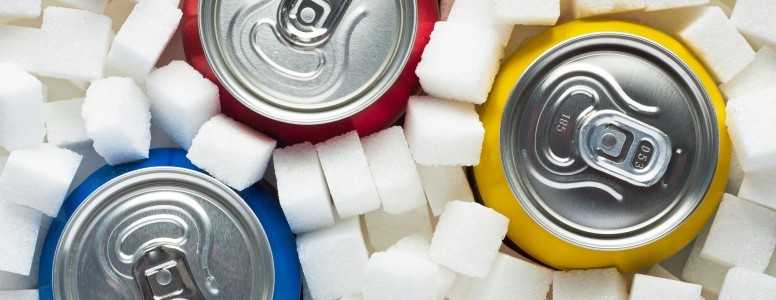Public Health England (PHE) has released a report that shows that, so far, the food industry is behind on the targets set by government towards reducing sugar in products.
PHE, an executive agency of the government’s Department of Health, previously challenged the food industry, including restaurants and drink manufacturers, to reduce sugar content by 20% from a range of products by 2020.
The government has taken a more proactive stance towards challenging increasing obesity and type 2 diabetes rates in recent years, particularly among children. A sugar tax was introduced earlier this year, and the food industry has been encouraged to reduce sugar in its products.
PHE targeted a 5% reduction in the first year, and the findings reveal a smaller 2% reduction in both average sugar content and calories in individual products.
Products which met or exceeded the initial 5% sugar reduction aim included yoghurts and fromage frais, sweet spreads, breakfast cereals and sauces.
However, sugar levels were shown to generally remain the same across all sectors, and portion sizes provided by the ‘out-of-home sector’, including restaurants and takeaways, are on average more than double the size of products provided by retailers and manufacturers.
Tim Rycroft, director of Corporate Affairs at the Food and Drink Federatio, said: “The out-of-home sector must show a greater commitment to engaging with this programme. In many categories, the calorie content per portion of food served in cafes, coffee shops and restaurants is almost double that of manufacturers and retailers – this is at a time when 25% of total calorie consumption takes place outside the home.”
Progress has been reported within sweetened beverages as a result of the sugar tax, which revealed retailers and manufacturers have reduced sugar by 11% in this category. PHE has not yet been able to report on progress made in the cakes and morning goods categories.
Duncan Selbie, chief executive at PHE, said: “We have seen some of the food industry make good progress, and they should be commended for this. We also know that further progress is in the pipeline. However, tackling the obesity crisis needs the whole food industry to step up, in particular, those businesses that have as yet taken little or no action.”
PHE is now encouraging the drinks industry to reduce sugar in juice-based drinks, such as smoothies and single juices, by 5% by 2021, and cap all juice-based drunks likely to be consumed in one sitting to 300 calories.
What's new on the forum? ⭐️
Get our free newsletters
Stay up to date with the latest news, research and breakthroughs.


